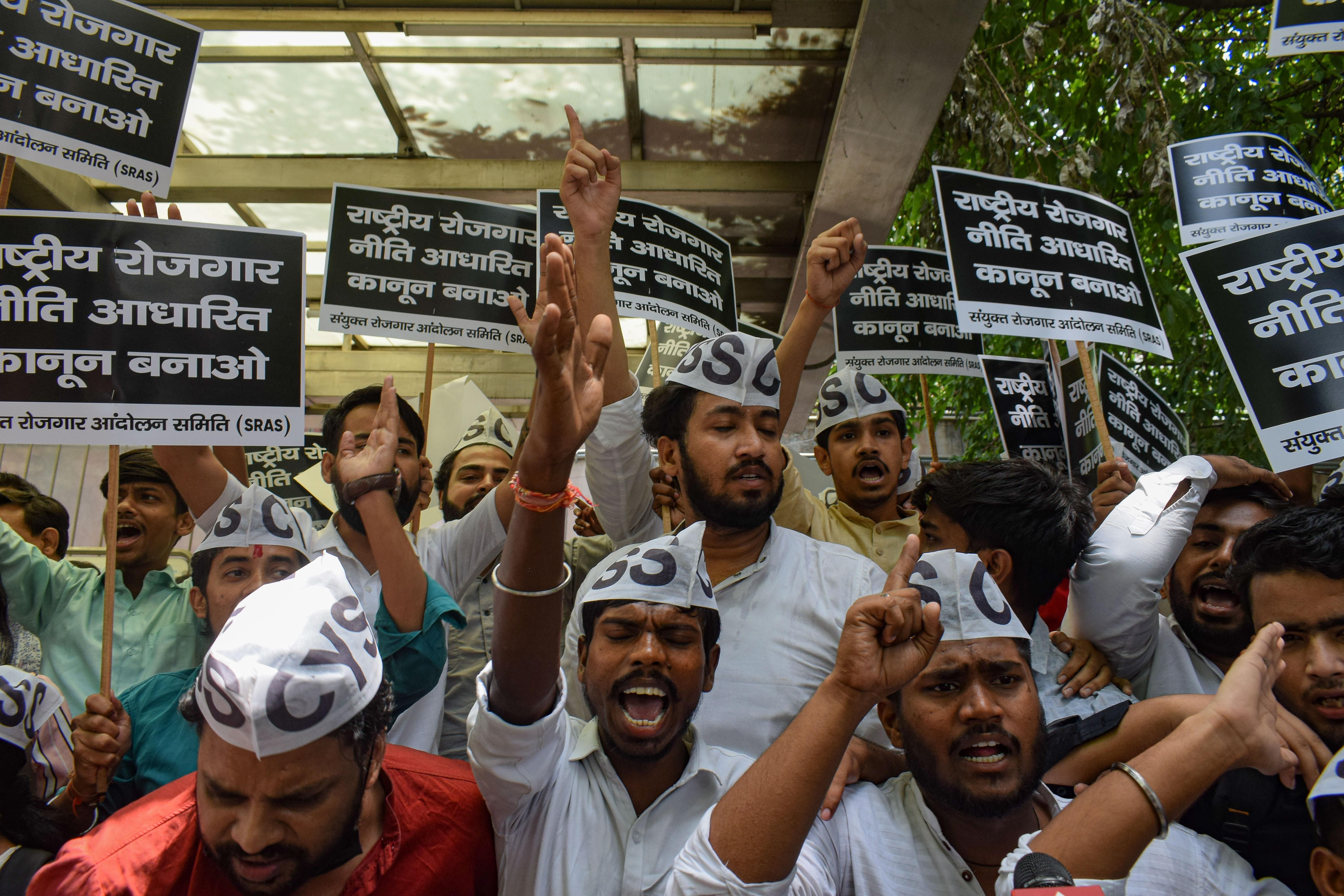4: Thousands of Indians have taken to the streets to protest against the army's plans to recruit new soldiers for a limited four-year term. The protesters say that ruins their hopes of getting a secure job with the military, one of India’s largest employers, while the generals argue they need to cut back on salaries and pensions that take up half of the budget.
450 million: Nigeria has frozen $450 million in revenues from foreign airlines as the country grapples with a severe dollar shortage. It's not just a Nigerian problem — across sub-Saharan Africa, everyone is scrambling for dollars these days mainly due to sky-high inflation and plummeting local currencies.
8.42 million: Russia has overtaken Saudi Arabia as China's top oil supplier, thanks to steep discounts as a consequence of Western sanctions over the Kremlin's war in Ukraine. The Chinese swooped up almost 8.42 million metric tons of Russian crude last month, 55% more than a year ago.
58: On Sunday, Spain's center-right People’s Party
won for the first time an outright majority of 58 seats in the Andalucía regional election. Big victory for the conservatives in Spain's largest region, a bellwether and longtime bailiwick of the ruling center-left
PSOE party, which has been lagging in the polls since the PP picked a new moderate leader in May.
